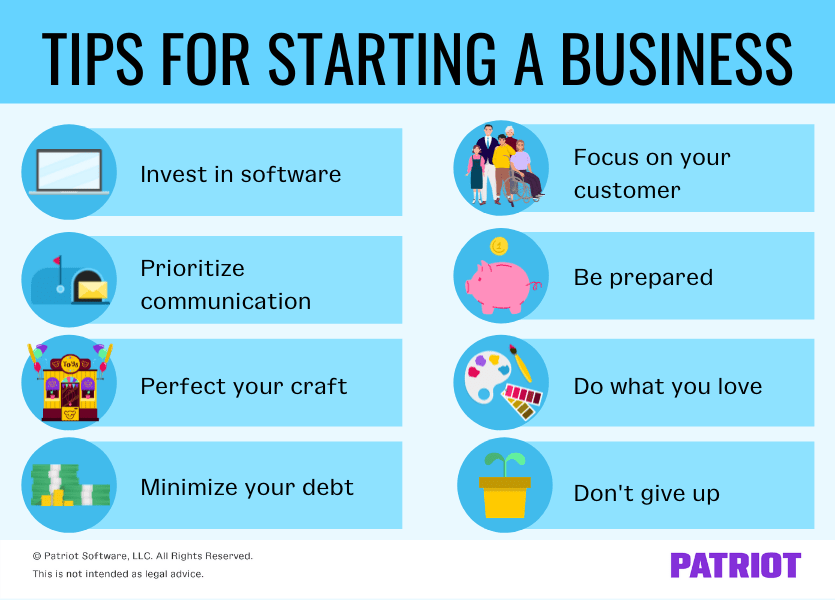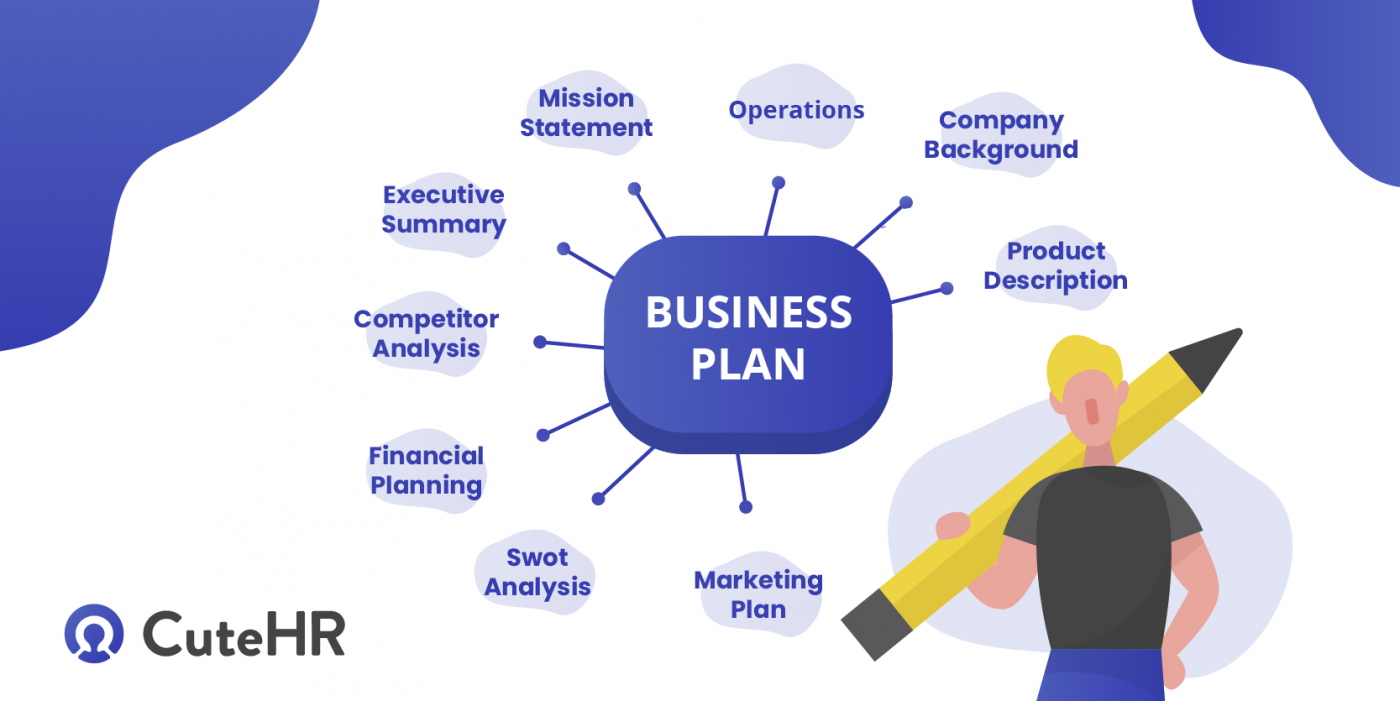What To Think About When Starting A Business

Imagine a quiet evening, the glow of a laptop screen illuminating a hopeful face. A steaming mug sits beside a stack of papers filled with scribbled notes, ideas swirling like the condensation on the glass. This is the moment before the plunge, the precipice of entrepreneurship.
Starting a business is more than just a dream; it's a journey demanding careful consideration and planning. This article explores the essential aspects to contemplate before taking that leap, from market research to financial projections, ensuring your venture begins on solid ground.
The Foundation: Idea Validation and Market Research
Before investing time and resources, validate your business idea. Is there a real need for your product or service?
Thorough market research is paramount. Identify your target audience, analyze your competitors, and understand the current market trends.
Use tools like surveys, focus groups, and industry reports to gather data. The Small Business Administration (SBA) offers resources to help with this crucial step.
Crafting Your Business Plan
A comprehensive business plan is your roadmap to success. It outlines your business goals, strategies, and how you intend to achieve them.
Include a detailed description of your products or services, your target market, your marketing strategy, and your financial projections.
Consider using a SWOT (Strengths, Weaknesses, Opportunities, Threats) analysis to assess your business's position and identify potential challenges.
Financial Considerations
Securing funding is often a significant hurdle. Determine how much capital you need and explore various funding options.
These options might include personal savings, loans, investors, or grants. The U.S. Department of Commerce offers information about federal grants.
Create realistic financial projections, including revenue forecasts, expense budgets, and cash flow statements. Understand your break-even point and how long it will take to become profitable.
Legal Structure and Compliance
Choosing the right legal structure is crucial for liability and taxation. Common options include sole proprietorships, partnerships, limited liability companies (LLCs), and corporations.
Each structure has different legal and tax implications, so consult with a lawyer or accountant to determine the best fit for your business.
Ensure you comply with all relevant regulations, including obtaining the necessary licenses and permits. Ignoring these can lead to costly fines and legal issues.
Building Your Team and Network
Surround yourself with a strong team and a supportive network. Don't be afraid to seek help and advice from experienced entrepreneurs and mentors.
Your team should complement your skills and possess the expertise you lack. A good mentor can provide invaluable guidance and support.
Attend industry events, join professional organizations, and build relationships with potential customers, suppliers, and partners. A robust network can open doors to new opportunities.
Embrace the Journey and Prepare for Challenges
Starting a business is a marathon, not a sprint. Be prepared for long hours, setbacks, and unexpected challenges.
Resilience, adaptability, and a positive attitude are essential for success. Learn from your mistakes, adapt to changing market conditions, and never give up on your vision.
Remember that failure is a learning opportunity. Many successful entrepreneurs have faced numerous setbacks before achieving their goals.
"The only way to do great work is to love what you do." - Steve Jobs
Ultimately, starting a business is a leap of faith fueled by passion and hard work. By carefully considering these key aspects and preparing for the challenges ahead, you can increase your chances of building a thriving and fulfilling venture. The path may be demanding, but the rewards of creating something from the ground up are immeasurable.






:max_bytes(150000):strip_icc()/starting-own-business-1200678-Final-edit-050e3ef116174733a310b081c943fb37.jpg)











